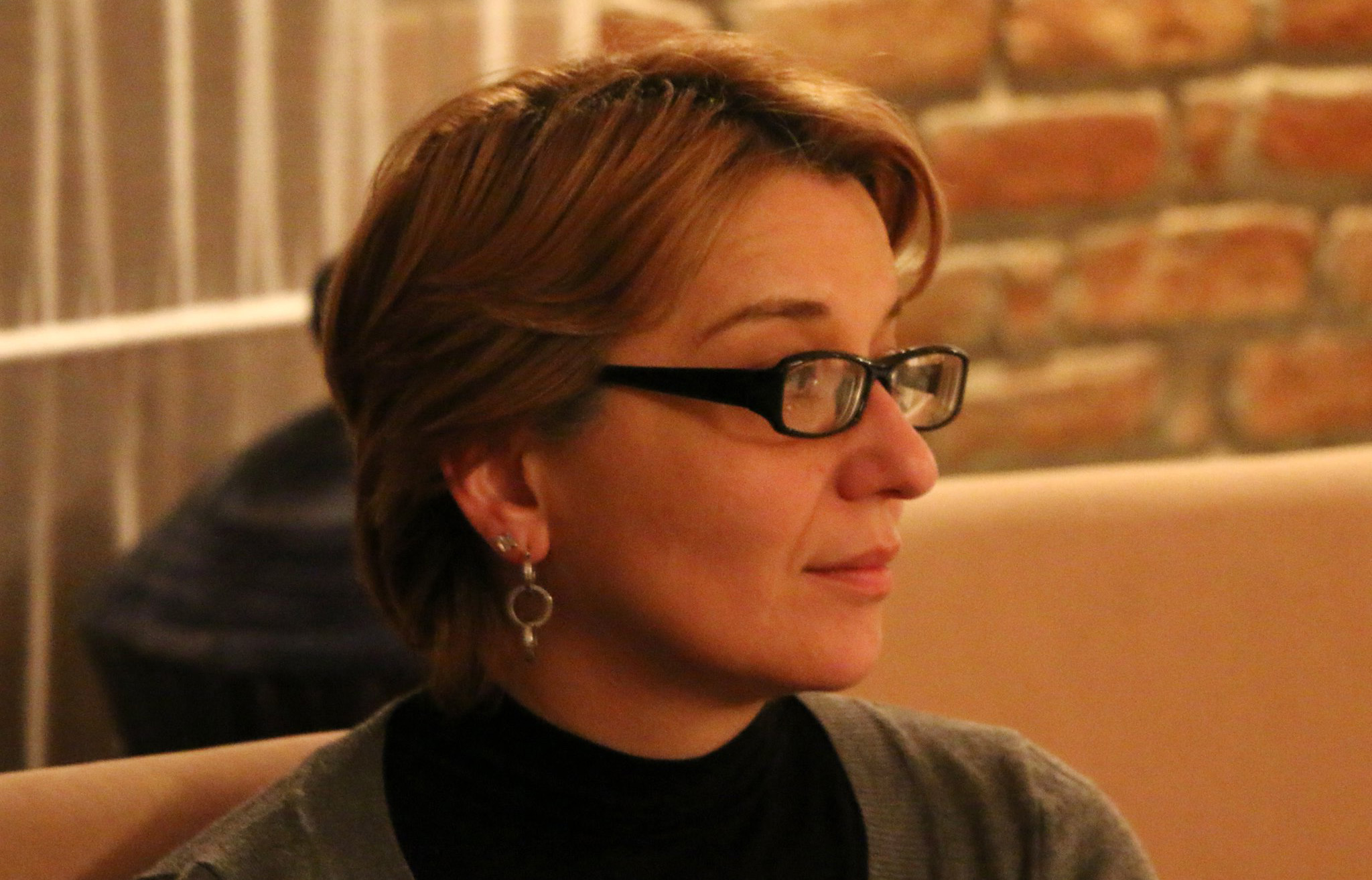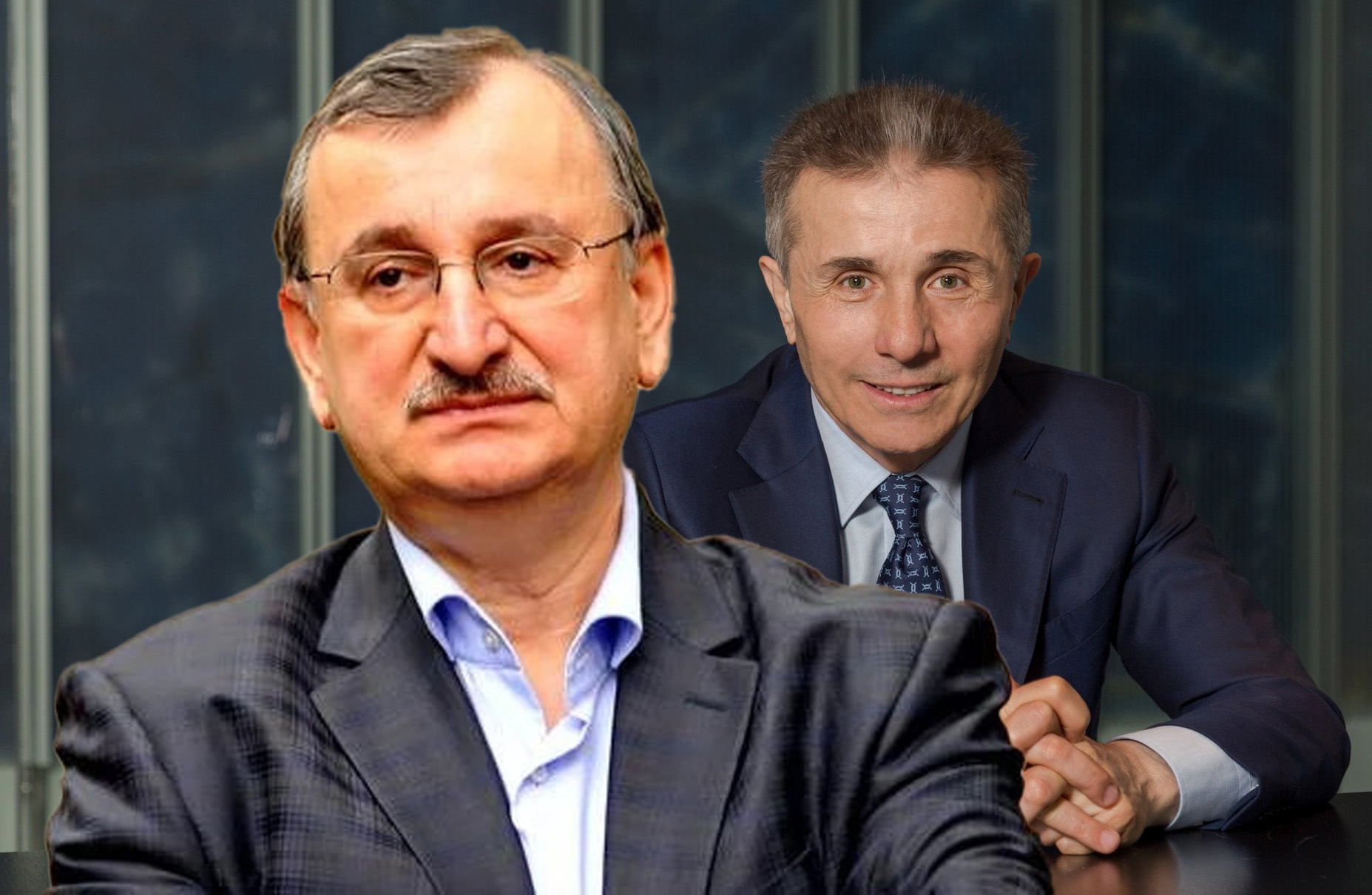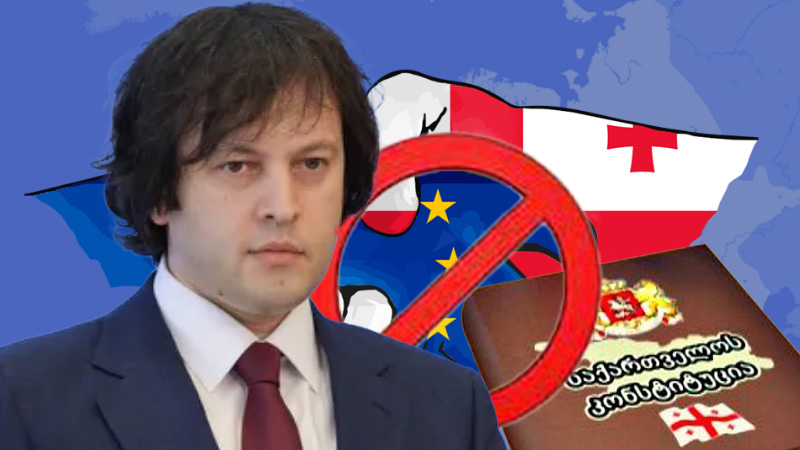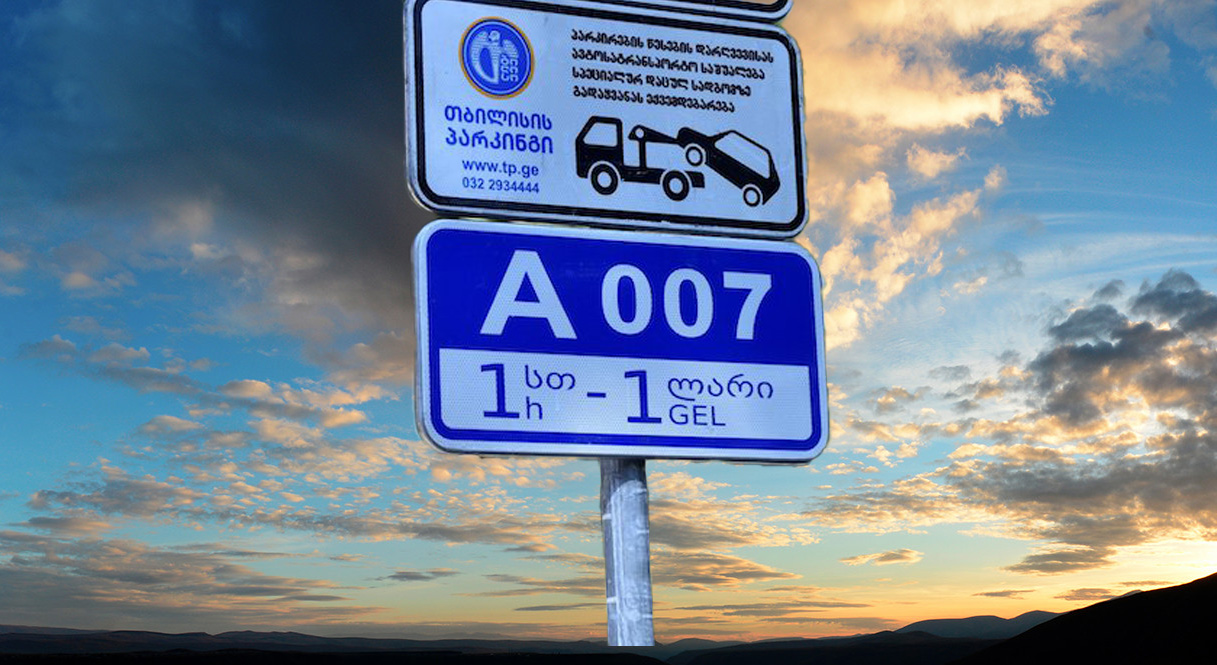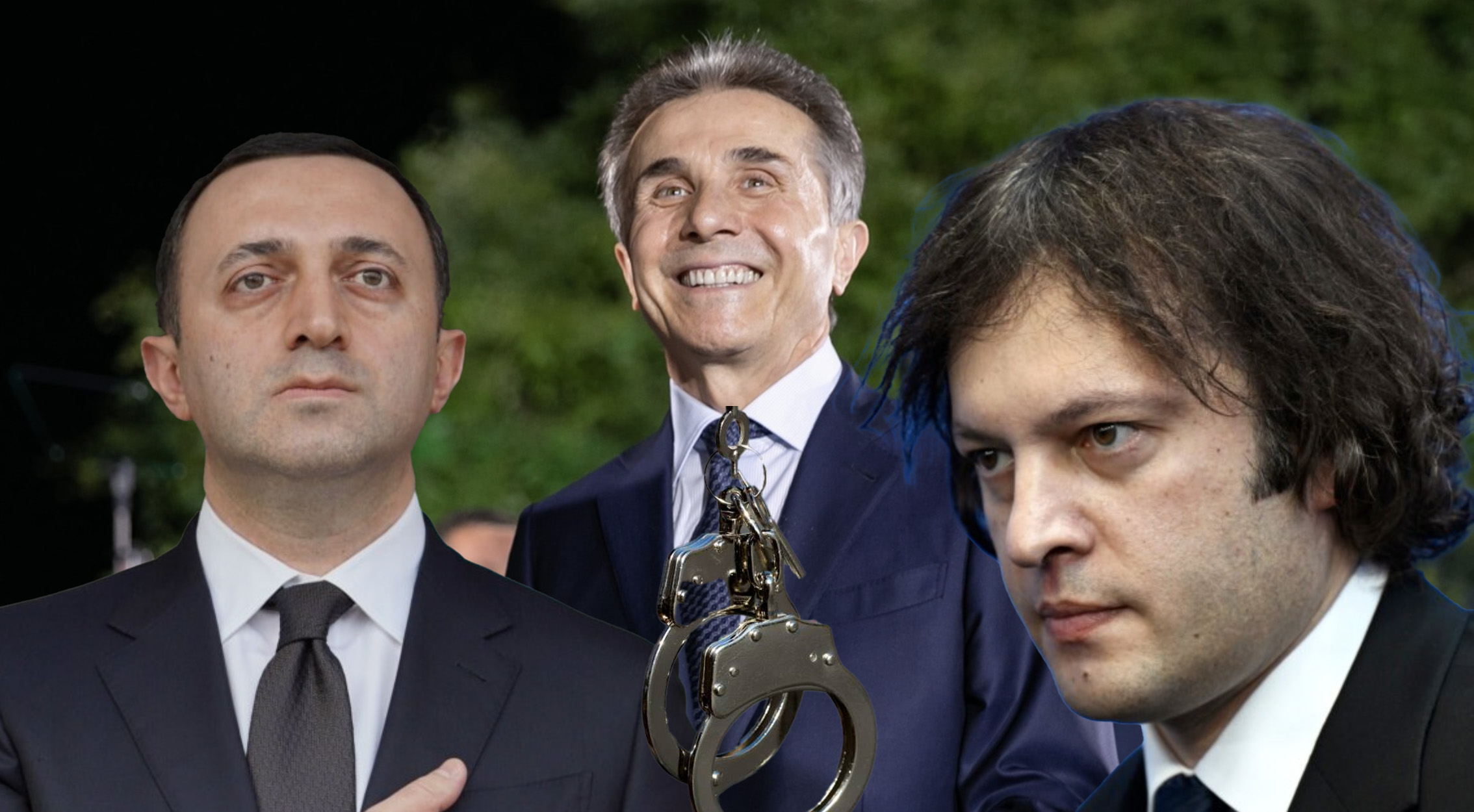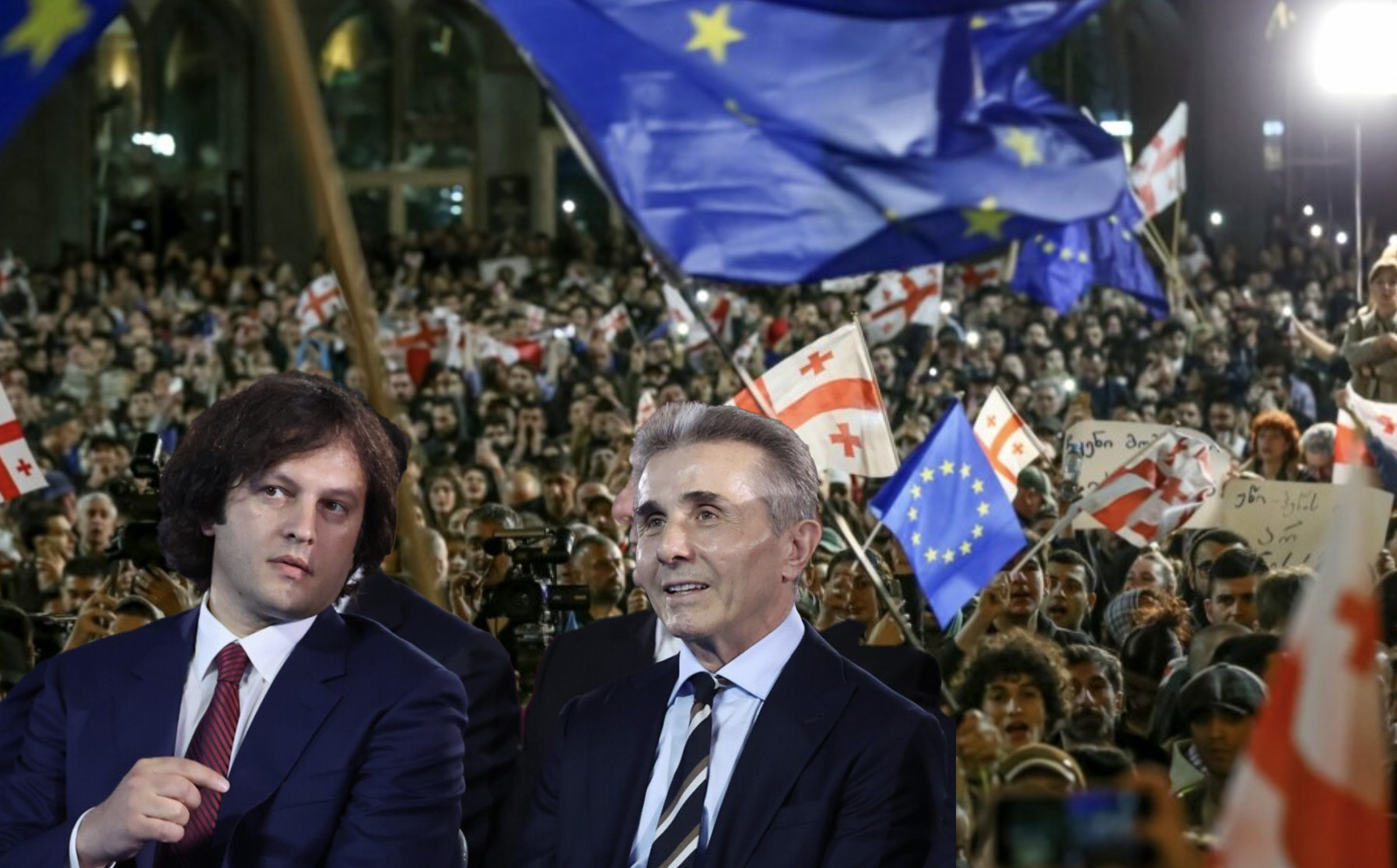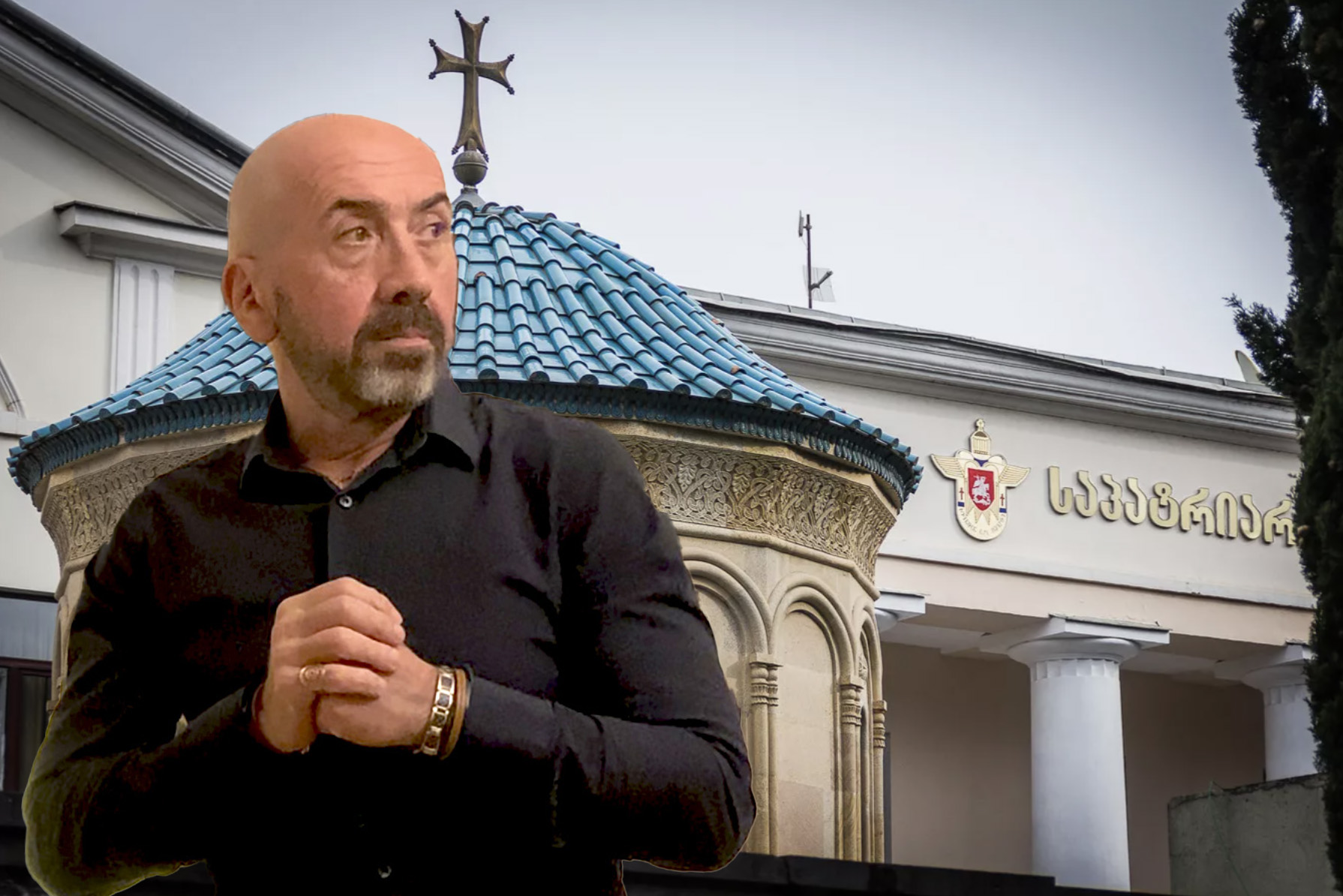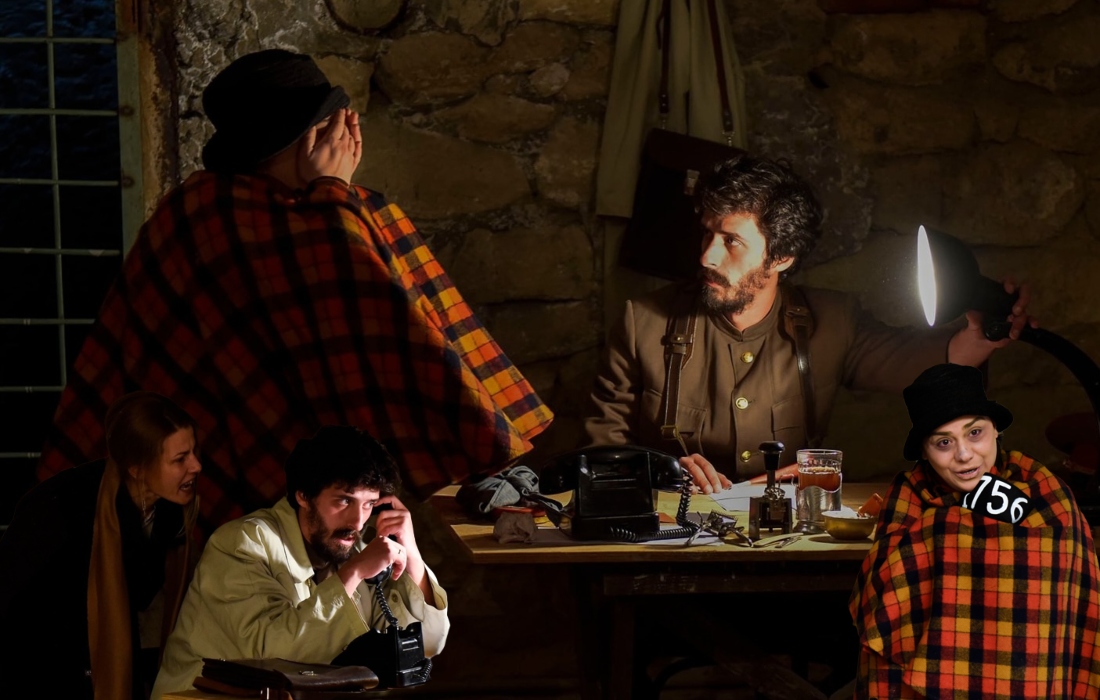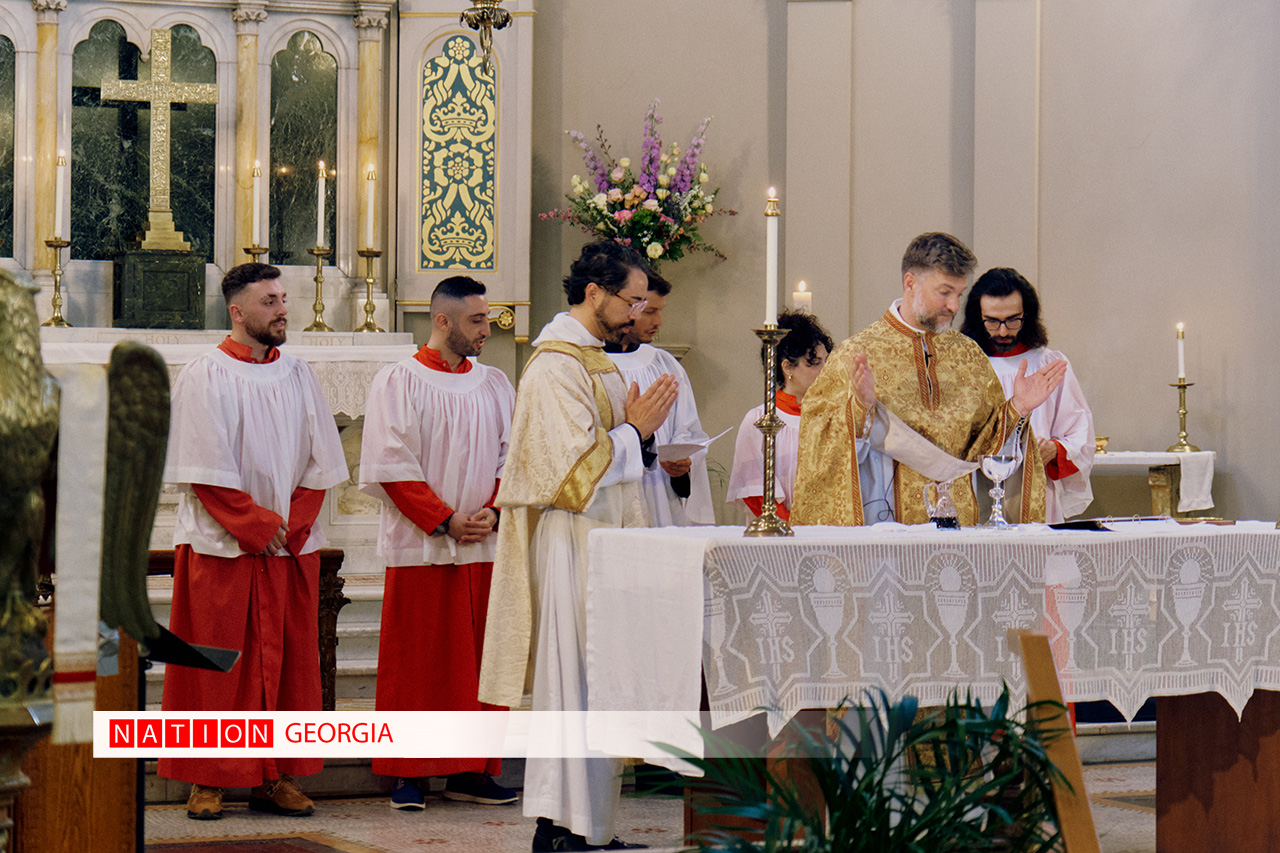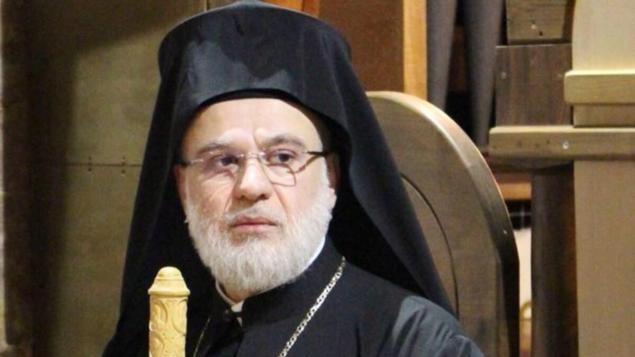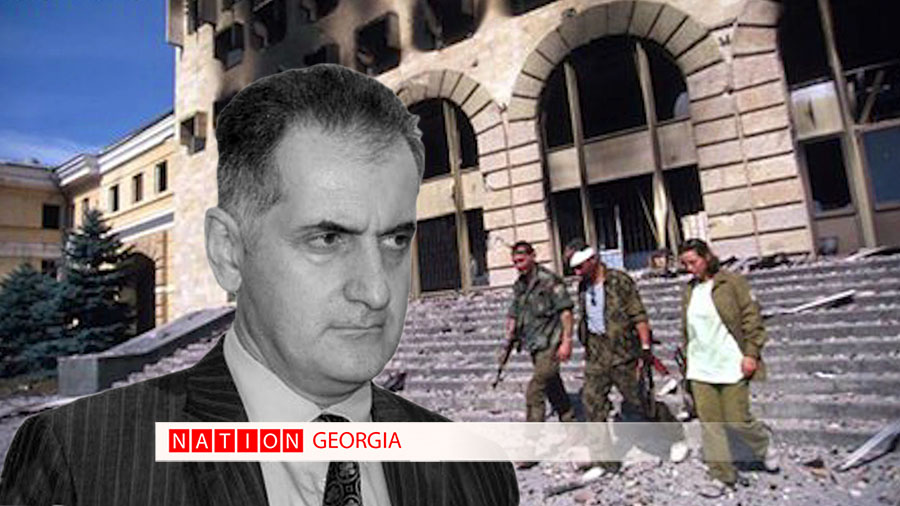
Kuleba welcomes EU Council's decision on frozen Russian assets
13.02.2024 ნახვები: 455
The minister wrote about this on the social network X, Ukrinform reported.
Kuleba emphasized the EU Council's decision "paving the way for the use of extraordinary revenues from the frozen Russian assets."
“We encourage further steps to enable their practical use for Ukraine's benefit. These steps must be ambitious and prompt. Ukraine is ready to continue working with partners on reaching our ultimate goal: making Russian assets available to Ukraine. The aggressor must pay”, the minister said.
Read also: Ukraine recovers assets of Russian oligarch Ivan Savvidi, his wife
As reported, on February 12, the EU Council adopted a decision and regulatory rules that define the obligations of the EU Central Securities Depositories holding frozen assets and reserves of the Central Bank of Russia.
In particular, the EU Council decided that Central Securities Depositories holding more than 1 million assets of the Central Bank of Russia should separately account for extraordinary cash balances accumulated due to EU restrictive measures and should also separately keep the corresponding income. In addition, depositories are prohibited from disposing of the profits.
Around EUR 260 billion of the Central Bank's assets have been blocked in the form of securities and cash in the jurisdictions of G7 partners, as well as in the EU and Australia. More than two-thirds of these frozen assets are located in the EU.





